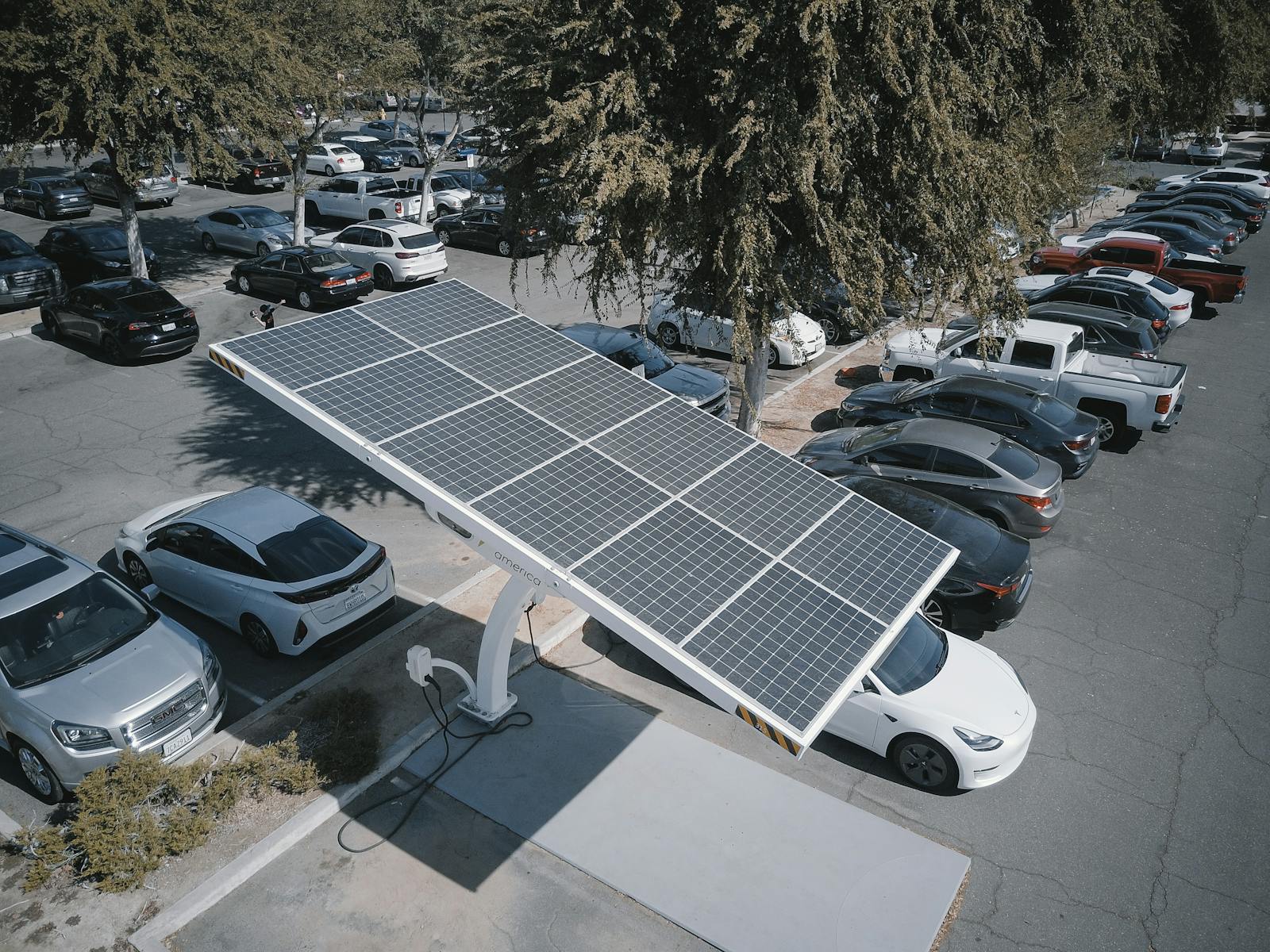Green Transportation: Electric Cars As concerns about climate change and the environment continue to grow, more and more people are looking for ways to reduce their carbon footprint. One of the most significant ways we can do this is by choosing green transportation options, such as electric cars. Electric cars are becoming increasingly popular as a way to reduce emissions and save money on fuel costs. In this article, we will explore the benefits of electric cars and how they are changing the way we travel. Lower Emissions with Electric Cars One of the most significant benefits of electric cars is their ability to produce lower emissions compared to traditional gas-powered vehicles. Electric cars produce zero emissions when driving, which means they don’t contribute to air pollution or greenhouse gas emissions. In contrast, gasoline-powered cars emit harmful pollutants such as carbon monoxide, nitrogen oxides, and particulate matter. By switching to an electric car, you can significantly reduce your carbon footprint and contribute to a cleaner environment. Lower Fuel Costs Another benefit of electric cars is their lower fuel costs. The cost of charging an electric car is significantly lower compared to filling up a gas tank. The average cost of charging an electric car is around 14 cents per kilowatt-hour (kWh), while the cost of gasoline varies depending on the location and market conditions. In addition, electric cars require less maintenance compared to gasoline-powered cars, which can save you money on repairs and upkeep. Improved Performance for Electric Cars Electric cars are also known for their impressive performance. Electric motors can provide instant torque, which means they can accelerate quickly and smoothly. This can be particularly useful when merging onto highways or passing other vehicles on the road. Electric cars also tend to be quieter compared to gas-powered cars, which can make for a more comfortable driving experience. Increased Range One of the biggest concerns people have about electric cars is their range. However, with advancements in battery technology, electric cars can now travel further than ever before. The average range for an electric car is around 200-300 miles on a single charge. This means that for most people, an electric car can easily handle their daily commute without needing to be recharged. Growing Infrastructure As electric cars become more popular, the infrastructure to support them is also growing. More charging stations are being installed in public locations such as shopping centers, parking garages, and rest stops. In addition, many companies are installing charging stations in their parking lots to support their employees who drive electric cars. This growing infrastructure makes it easier than ever to own and operate an electric car. Conclusion Electric cars are a key part of the future of green transportation. With their lower emissions, lower fuel costs, improved performance, and increased range, electric cars offer many benefits over traditional gas-powered cars. As more people switch to electric cars, the infrastructure to support them will continue to grow, making them an even more attractive option for environmentally-conscious drivers. So, if you’re looking for a greener way to get around, consider an electric car – it might just change the way you travel.
21 08 '23
31 07 '23


